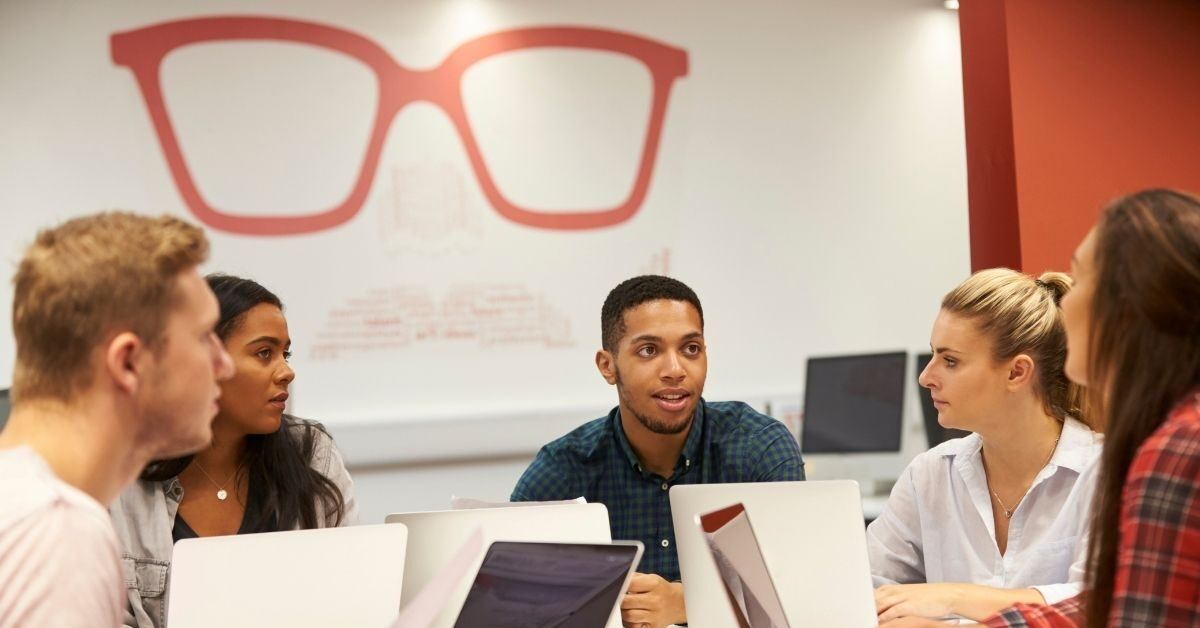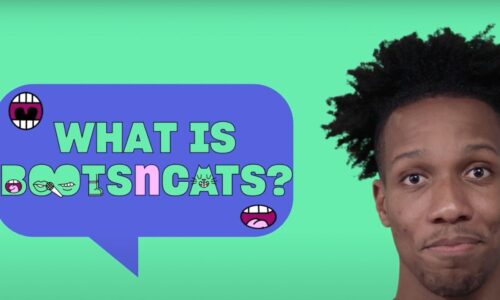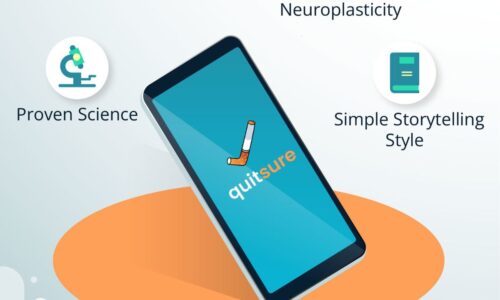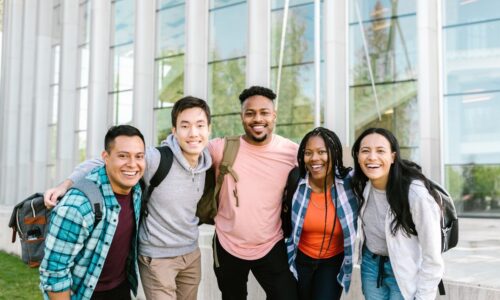On the new episode of the Let’s Talk STEM with Dr. Calvin Mackie podcast, Jackie Smalls, Chief Programs Officer at Code.org, talks about the racial divide in STEM education and technology. She says the COVID-19 pandemic exposed the gap between STEM learning in White communities versus more limited opportunities in many predominantly Black & Brown schools across the country.
“In terms of the gaps, we knew gaps existed, but I think the pandemic just really exposed how big those gaps were and who actually has access,” Smalls tells host Dr. Calvin Mackie. “And it’s a shame. We shouldn’t have to park a bus in a neighborhood to make sure that all students have access to WIFI. It baffles me how we think that this is not something that should be free and accessible to everyone.”
Calling out technology companies, Smalls says if they want to make a difference in our society, they should be providing Wi-Fi everywhere.
In a conversation with Dr. Mackie, the topics include what it takes to overcome roadblocks to excelling in science, technology, engineering and math (STEM) fields; why it’s critical for Black & Brown students to have access to STEM learning; and the important role that mentors play in encouraging STEM careers.
“I always mention that I went to a HBCU (Historically Black College & University), and actually that’s the first time I saw a Black woman lead a biology department,” Smalls recalls, noting that the professor convinced her to engage in STEM.
“I always thought about teaching, but I didn’t necessarily think about STEM. I was at South Carolina State on an ROTC scholarship and they came to me and also said, ‘If you change your major to engineering or science, we’ll actually give you more money. We’ll cover your room and board.’ “
With the expanded scholarship, Smalls shifted to pre-med biology as her major. After graduating, she was an environmental scientist in the U.S. Army. Today, she says, people must understand their opportunities: a software development bootcamp can launch a $90,000 a year career. “It’s a matter of the education of our community, knowing those opportunities.”
But racial barriers are real. “I had a student tell me that she walked into a college computer science class, a Black girl…The professor, came to her and said, ‘Are you in the right class?’ “
At Code.org, “we are trying to make sure computer science is accessible for all students,” says Smalls, noting the nonprofit expands computer science education, participation by young women and in under-resourced communities.
“You’re teaching a society,” lauds Dr. Mackie. “I believe you have a voice that every mother and every father need to hear because it’s credible, it’s transparent and it’s authentic.”





